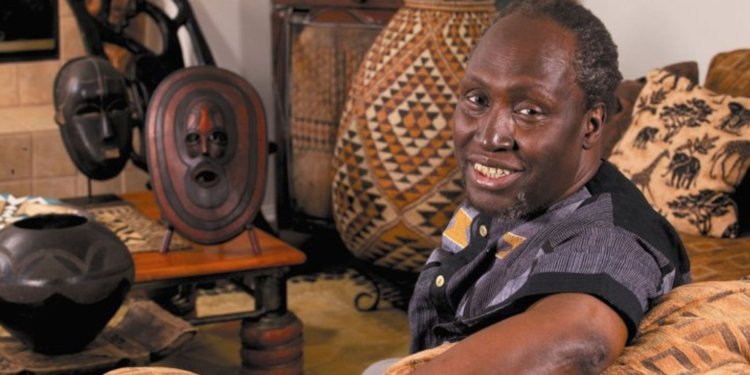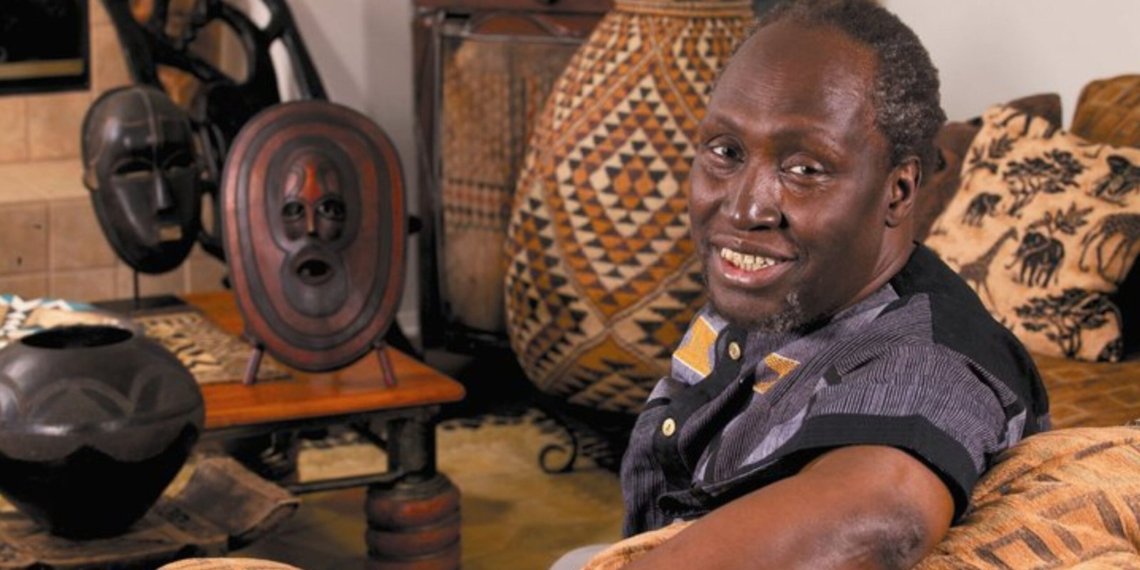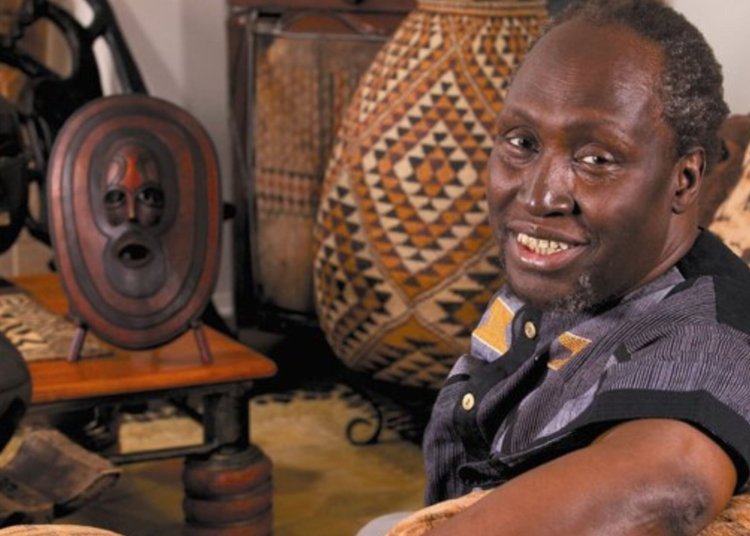NAIROBI – Ngũgĩ wa Thiong’o, the legendary Kenyan novelist, playwright and essayist whose words gave voice to anti-colonial resistance and cultural reclamation, has died at 87.
More than a writer, he became a symbol of a cultural awakening, committed to African languages, liberation and truth-telling through literature.
His death marks the end of a major chapter in African letters, but the story he began lives on.
Born in 1938 in Limuru, Kenya, Ngũgĩ came of age during colonial rule and became one of the continent’s most powerful literary and political voices.
His works portrayed the lives of ordinary Kenyans, giving them space, voice and dignity in a literary world long shaped by colonizers’ views.
His early novels Weep Not, Child (1964) and A Grain of Wheat (1967) explored Kenya’s colonial trauma and the hopes that followed independence.
Ngũgĩ refused to be limited to the English language or Western narrative forms. In a bold act of cultural resistance, he began writing in Gikuyu, his mother tongue.
He explained this choice in Decolonising the Mind (1986), which urged African writers to embrace their native languages.
Imprisoned in the late 1970s for his political views and theater work, Ngũgĩ wrote Devil on the Cross (1980) on toilet paper while in detention.
The novel, like much of his work, criticized corruption and betrayal in post-independence African leadership.
Ngũgĩ believed that language holds power, and that the stories we tell shape how we see ourselves and how others see us.
His name was spoken by writers, scholars and everyday Africans who honored his work and drew strength from his ideas.
He spent his life advocating for African self-reliance, the decolonization of thought and the restoration of indigenous knowledge across disciplines, generations and borders.
His son, Mukoma Wa Ngugi, a writer and scholar, said, “I am me because of him in so many ways, as his child, scholar and writer.” It is a feeling shared by many who were moved by his words.
Even in death, Ngũgĩ wa Thiong’o remains a guiding voice. While his final chapters have ended, his influence lives on.
His work will continue to inspire others to speak their languages, challenge injustice and imagine new futures.
A baobab has fallen, but its roots run deep, and its seeds are found in books, classrooms, stories and acts of courage.
Ngũgĩ wa Thiong’o may be gone, but the story he began is far from over.































